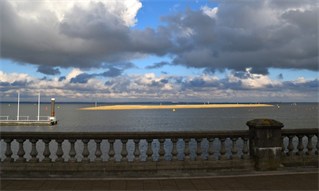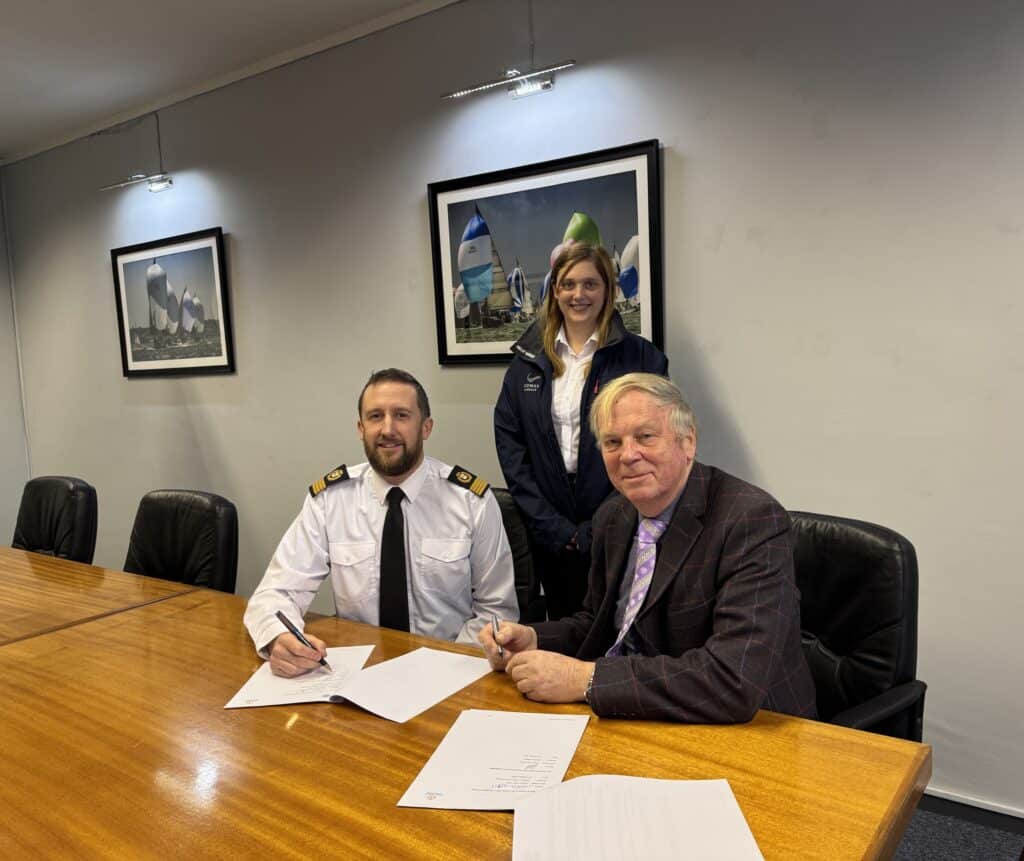
One of the recurrent themes emerging from the Commission’s ongoing stakeholder consultation is the question, “Why does CHC undertake commercial operations in addition to its statutory and regulatory duties?” In essence, CHC performs three main functions, to be the statutory harbour authority for Cowes, to provide harbour users with marine services, and to supply stakeholder benefits; all as per the standards and practices set out in the Department for Transport’s document Modernising Trust Ports.
Cowes Harbour is a Trust Port, run for the benefit of all stakeholders of the port and the community in general. In accordance with the Trust Ports Guide to Good Governance, CHC is required to be self-funding and is encouraged to run the port as a commercial business in order to generate a surplus which should be ploughed back into the port, or otherwise directed towards the interests of stakeholders. Therefore, trust ports are indeed expected to not only operate efficiently and effectively in the performance of their statutory and regulatory responsibilities, but to generate a commercially acceptable rate of return from their business operations.
Firstly, any surpluses that are produced as a result of CHC’s provision of marine services (via for example, annual, visitor and event moorings, Shepards Wharf Marina, Kingston Marine Services and Boatyard, and the fuel berth) have the important function of reducing the Commission’s reliance on harbour dues and thereby helping to keep the cost of harbour dues down.
CHC’s provision of these marine services on a commercial basis also gives stakeholders more choice and competition in the harbour, all the while following the Trust Ports guidance to charge for its services at commercial and competitive rates, neither exploiting its status to undercut the market, nor taking advantage of a dominant position in that market if it exists.
Secondly, the generation of a surplus enables CHC to reinvest back into the harbour and provide stakeholder benefits that would not otherwise be possible. As a Trust Port, CHC is obliged to use any profits generated to support the long-term viability of the port and thus act for the benefit of the whole community of stakeholders. Some of the investments and projects financed by CHC’s accumulated financial surplus include, the new Cowes breakwater under construction, Trinity Landing, the sailing school training pontoon, the Cowes Port Handbook, plus support and sponsorship in attracting new events to Cowes.
In the delivery of stakeholder benefits, it is CHC’s duty as a Trust Port to strike a balance that respects the interests of all stakeholders, in the light of the port’s objectives, including its commercial considerations, and what constitutes the ‘common good’ for all stakeholders (current and future) and the port itself.
Therefore, in order for ports to fulfil this obligation, they must have a firm idea of what constitutes the objectives of the port and it is the responsibility of the Commissioners, having consulted their stakeholders, to arrive at a clear description of these objectives. This brings us back to CHC’s current review of the vision, strategic objectives, plans and policies for Cowes Harbour, and to the need for as many users of the harbour as possible, whether commercial or leisure, local residents, visitors to the port or those working in a marine-based business, to take part in the consultation process and to be part of Cowes Harbour’s new strategy covering the period 2015 to 2020 and beyond.
Photo: The new Cowes breakwater – a stakeholder benefit


